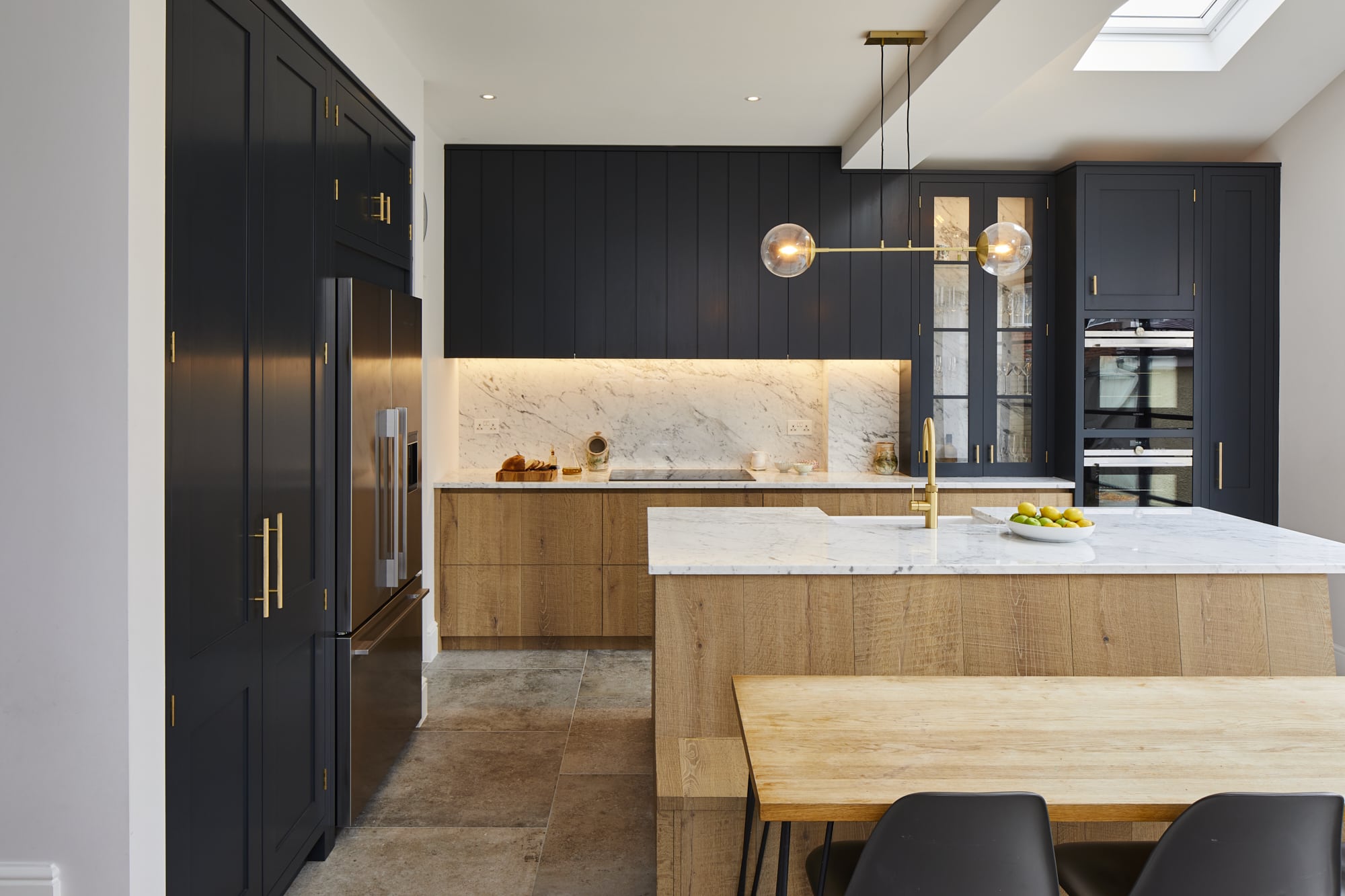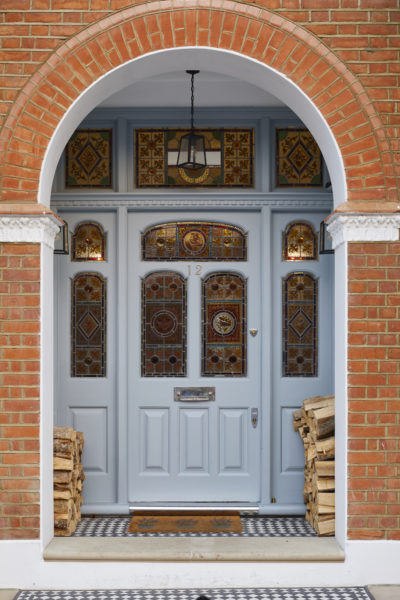The boom in renovations and refurbishments is showing no sign of slowing as more and more homeowners are choosing to stay put and invest in their properties for the long-term.
A building project is often a big investment, both financially and emotionally, and getting it wrong can be costly on both counts. Likewise, get it right and you’ll reap the rewards. A successful project can add value as well as space to your home.
We’ve all heard the horror stories but how do you stop yourself becoming one of them? Here at Run Projects we think it all comes down to good preparation and management. Even projects that might be considered small or straightforward will run more smoothly, be less stressful and are more likely to come in on budget if they are professionally prepared and well managed.
But who do you turn to? Certainly, you could project manage it yourself, or leave it to the builder or architect. There is another way, you could employ an independent project manager.
If you’re thinking of embarking on a building project let’s run through the options in more detail so you can make your own mind up.
MANAGING THE BUILD YOURSELF
If you’ve undertaken a building project before you’ll know about many of the things that need to be done before the works start: various surveys, assembling an appropriate design team, finding, choosing and appointing your builder, setting up a building contract and taking on the role, and the legal requirements, of being the contract administrator. You may also need to appoint a Party Wall surveyor, arrange a Thames Water Buildover agreement, appoint Building Control. If you’re a ‘first-timer’ then you need to ask yourself if you’re happy and confident to take all this on, and also whether you have the time.
Will you be able to interpret your plans correctly and answer the builder’s questions? Sure, you can ask them for help as you go along, but they aren’t independent and keeping your costs down isn’t their priority. You also need to be contactable and available to be on-site regularly and it will also be down to you to check the accuracy of the valuations and invoices.
USING YOUR BUILDER
What should you do if your builder says they are happy to handle the project management of your build? It is worth considering if your motivations are aligned. While your builder should be keen to finish the project quickly they will be unlikely to take responsibility for any delays, more likely blaming your late decisions or client supplied items delivered late to site. These delays could carry financial (and stress) implications for you. Also, will they be motivated to highlight any errors or discrepancies between the specifications and actual build?
Some builders may also suggest that you don’t need a building contract. While that might be the case for the simplest of jobs, we usually recommend using a JCT contract (from their suite of contracts) appropriate to the scale of your project, and carrying out a competitive tender process. Whatever the scope of your build, without a comprehensive quote, agreed specifications and a contract in place you are very likely to encounter escalating costs. The initial quote, from even the most well-respected builder, is extremely unlikely to match the final bill without these things in place. The builder can quote what they like for any changes along the way, so having an independent third party verifying and checking everything is crucial.
USING YOUR ARCHITECT
If you’re using an architect and considering asking them to manage the build, you should ask yourself a few questions first. The relationship between you and your architect is of great importance and while they may be a talented designer, do you get the impression they will be as skilled at managing the build process and team?
Architect’s dedication to the proposed design and end product can occasionally bias their advice, meaning that crucial value engineering opportunities are missed. Many architects will visit site once a week or so for on-site meetings, meaning that crucial design-improving, or money-saving decisions may have already been missed.
Finally, if there’s a problem with the design then the architect may look to protect their own position before considering yours.
USING AN INDEPENDENT PROJECT MANAGER
Employing an independent building project manager means you have someone on your side. Of course, every project should be a team effort, but you still need someone in your corner. A Project Manager is there to guide you through the process from design to completion, allowing you to be involved as much or as little as you want. Whilst they aren’t designers or builders, they have a solid knowledge of both fields. They’ll be able to create a comprehensive tender pack, allowing you to get accurate quotes from builders. They’ll be able to check the plans and ensure that they are suitable for the builder to use on site. In addition, they are there to communicate with your builder and architect for you, tackle any problems that arise and vitally, to your control your budget. Usually with two to three site visits each week they will be able to manage any variations or issues arising quickly.
Their independence is their strength. A truly independent building project manager will not be affiliated to any particular builder or architect so they are able to hold both to account, offer impartial advice and seek solutions that suit you.
(While the above is designed to outline the various options for a building project, it’s important to state that using an architect or builder to manage your project can work perfectly well. The important thing is to align your expectations with the service being offered.)
If you’d like to discuss your building or renovation project please do not hesitate to contact Run Projects: hello@runprojects.co.uk or 0207 384 1160




